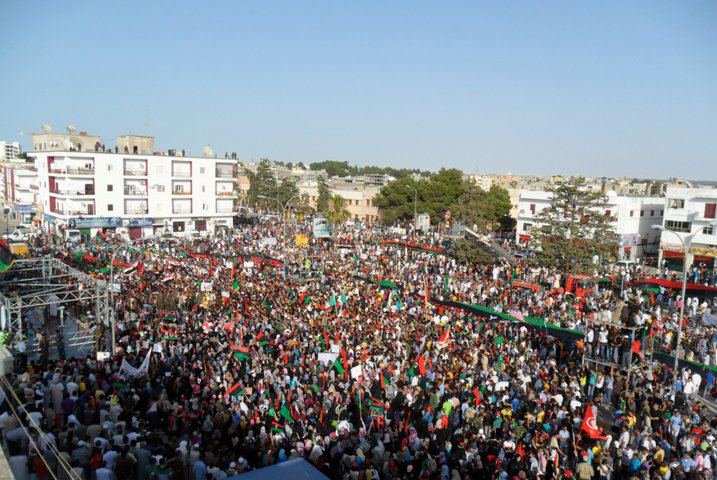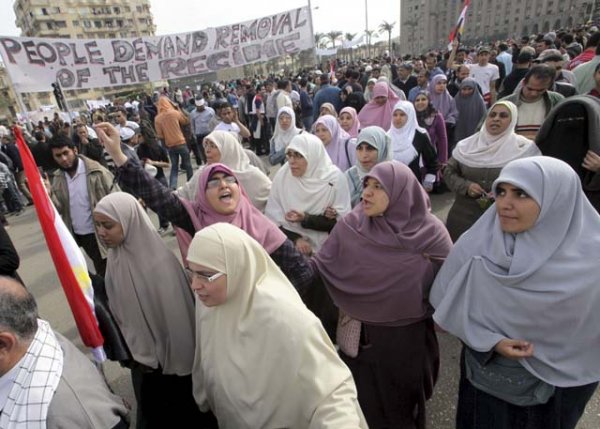
More than half of the Arab citizens regard social media as significant sources of news they are keen on checking on a daily basis. The Arab Social Media ReportPew Research Center (2015) reveals, Facebook is the most widely used social networking site followed by YouTube, then Twitter in the Arab countries with percentages of 87%, 39% and 32% respectively.
It is 2011, the year in which the eyes of the world were shifted toward the Middle East and North Africa (MENA) countries and citizens’ use of social media, thanks to the «Arab Spring» uprisings. Closely scrutinized by international media, according to Pew’s report in 2011, the Middle East turmoil has been regarded as the biggest international story in four years at the time.
Ever since this year an interest in studying social media use in MENA countries has been on the rise. Scholars argue that these countries that represent communities of «wired youth» suffering from «political repression and economic exclusion» now have the huge challenge of the ubiquitous platforms of social media . According to Pew report (2015), most Arab countries users access social media to socialize and get information, with the majority seeking political information in specific. For example, the percentages of social media users who seek political news in Tunisia, Lebanon and Egypt are 72%, 70% and 68% respectively.
The Arab world is witnessing an age in which citizens, theoretically dubbed as «resource-poor senders» are empowered enough to challenge and contribute to professional media institutes, theoretically dubbed as «resource-rich senders». This has been eminently prominent during the series of revolts that occurred in late 2010 and 2011 in different MENA countries.

Tomado de anticapitalistes.net
It all started with the Tunisian young man burning himself to death in an act of protest against the unfair treatment he received by the police. Smartphones in hands, connected to the internet, citizens managed to publish the tragic video of the young man, and in a matter of seconds it went viral. This caused citizens to massively revolt against the regime, calling for its ouster. Inspired by the Tunisian uprisings, a Facebook page in Egypt called for nationwide protests on January 25th, 2011; mobilizing citizens to act against police brutality, social injustice and lack of freedom. Soon enough, «the people demand the ouster of the regime» became a statement heard in the streets of Tunisia, Egypt, Libya, Syria and Yemen among other Arab countries.
It would be overstated to give social media all credit for the Arab Spring revolts. However, the significant role played by these platforms as a public space on which citizens shared and sought information cannot pass by unnoticed or unstudied.
During the early days of the Egyptian revolution, in an attempt to disseminate a counter narrative, state media personnel represented the revolutionaries as «a bunch of trouble makers» who took to the streets to unsettle the stability of the country. The faulty coverage of the traditional media, broadcast and print, acted as a motivator for citizens to start seeking alternative sources of information. This gap between reality and news stories was partially fulfilled by citizen journalists through social media platforms. Eyewitnesses instantly started uploading videos of police forces cracking down on protesters; sharing live comments from inside the events. This led the government to shut down the internet as well as mobile networks. But it was too late!

Tomado de Flickr: Hossam el-Hamalawy CC
Following such events, a remarkable upsurge in internet and social networking sites has been witnessed in Egypt. In early 2011, the number of Internet users in Egypt increased by 1.9 million reaching 23.1 million, and the number of Facebook users also increased by a million users. The number of Twitter users jumped from 26.8 thousand to 44.2 thousand. More than 8.7 million web pages on YouTube were viewed during the last week of January 2011.
On the other hand, it is worth noting that still a large percentage of Egyptians do not access the internet. But, nonetheless Facebook, Twitter and YouTube have acted as an alternative public sphere to 84% of the internet savvy, who reported resorting to social networking sites for political news about Egypt. Furthermore, a study conducted in Egypt in 2014 found that 84% of sampled youth between the age of 18 and 30 seek news and information through Facebook and/or Twitter. This increase in social media use has been common among Arab countries in the wake of the uprisings
Dubbed by the media as «the Facebook revolution», it is inferred that the Arab Spring marked a turning point in the role of social media in Arab countries, which were primarily intended for social networking purposes. They have rather become alternative media through which citizens engage in passing and widely disseminating information to their peers, which is a primary stage in news processing.
This, indeed, rings a bell to Arab traditional media highlighting the importance of efficiently integrating such platforms to their newsrooms. Hence, adopting convergence becomes inevitable with the booming of social media in the Arab World.
Author: Sally Tayie